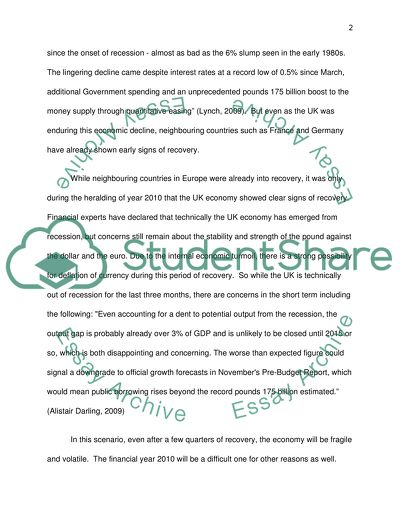Cite this document
(Recession in the UK and the Economic Condition Case Study - 2, n.d.)
Recession in the UK and the Economic Condition Case Study - 2. Retrieved from https://studentshare.org/macro-microeconomics/1564578-is-the-uk-economy-out-of-recession
Recession in the UK and the Economic Condition Case Study - 2. Retrieved from https://studentshare.org/macro-microeconomics/1564578-is-the-uk-economy-out-of-recession
(Recession in the UK and the Economic Condition Case Study - 2)
Recession in the UK and the Economic Condition Case Study - 2. https://studentshare.org/macro-microeconomics/1564578-is-the-uk-economy-out-of-recession.
Recession in the UK and the Economic Condition Case Study - 2. https://studentshare.org/macro-microeconomics/1564578-is-the-uk-economy-out-of-recession.
“Recession in the UK and the Economic Condition Case Study - 2”. https://studentshare.org/macro-microeconomics/1564578-is-the-uk-economy-out-of-recession.


